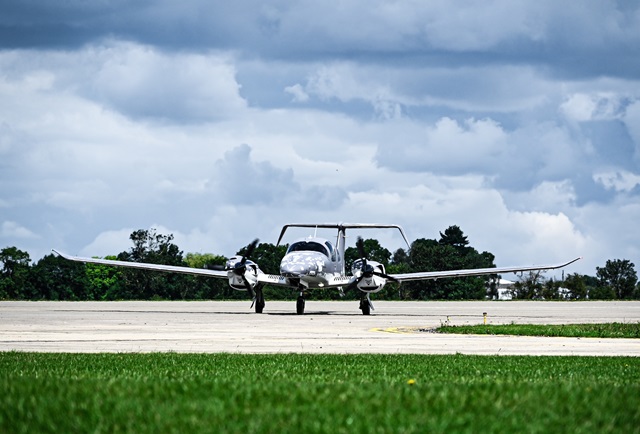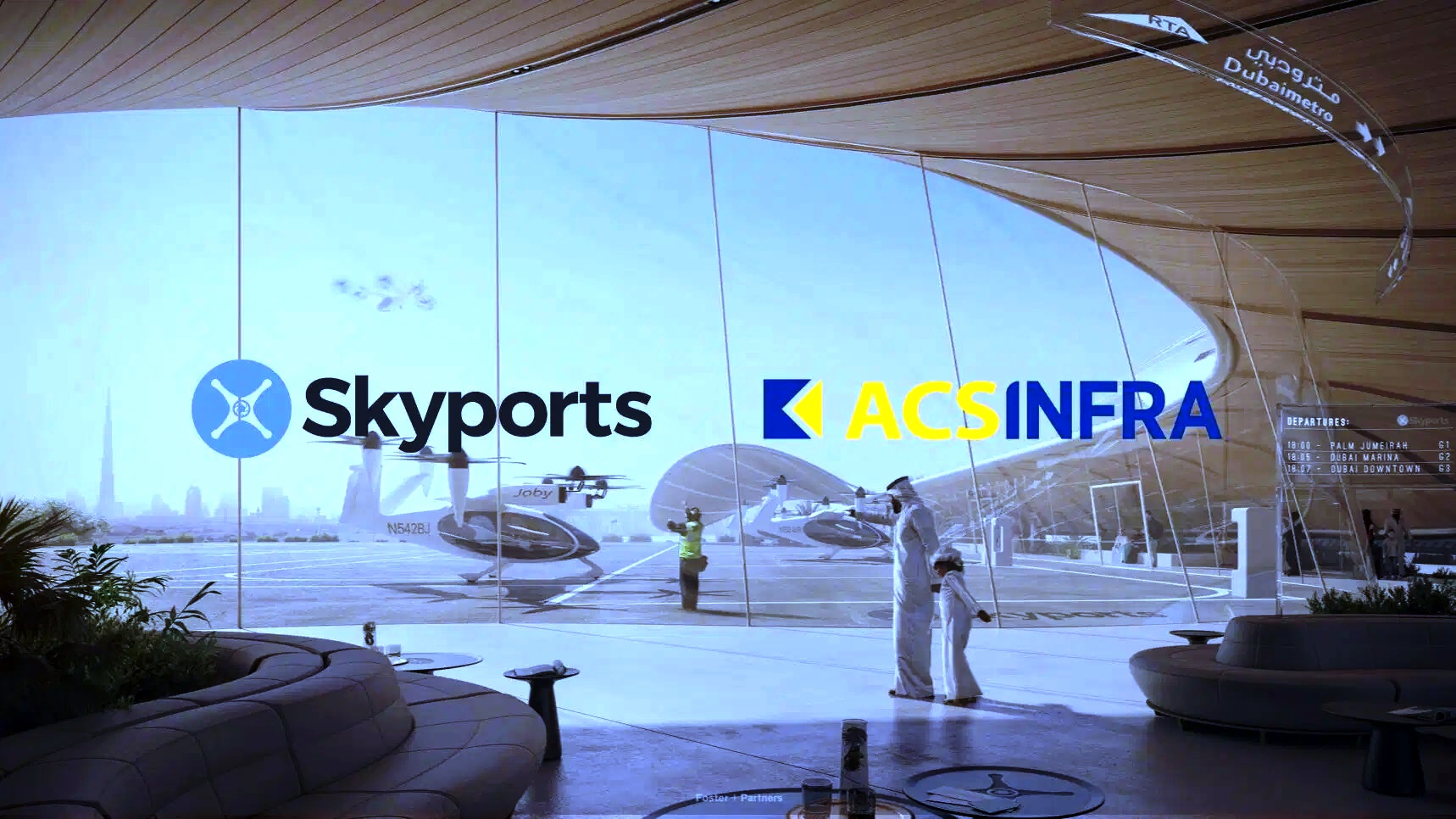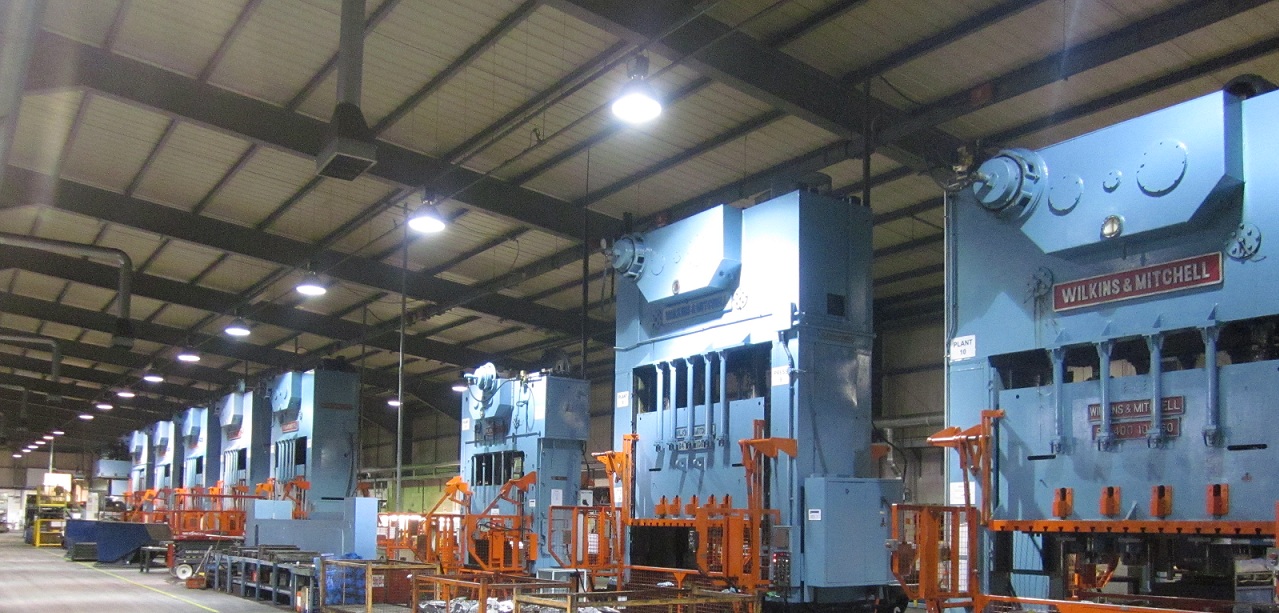Airports' digital transformation led by biometrics and blockchain

Airports are developing their digital transformation roadmap in line with strategic planning activities to address key performance indicators across all areas of the airport operation.
Digital transformation in airports is creating growth opportunities across the globe with renewed commitment to infrastructure modernization and expansion creating a dynamic environment. In Europe, airports are motivated to invest in digitalizing operations due to physical infrastructure constraints, while Asia-Pacific airports are seen more open to innovation as a brand attribute and to enhance the airport experience. However, many airports endeavor to develop solutions in-house with local expertise and partnerships.
Technologies driving the digital transformation process in the airport environment include:
- Biometrics: Biometrics applications focus on border control, reducing bottlenecks by automating processes. The technology is now being introduced across all touchpoints, in the form of identity management for self-service kiosks, aiming to create seamless passenger journeys. In the future passengers will be submitting biometric data (enrollment) at the first airport touchpoint and will only need to verify their identity in all subsequent originating airport touchpoints, with the possibly to further extend this facility at destination airport touchpoints.
- Blockchain: Blockchain technology, as a trusted network for storing biometric and other personal data, can be used to create secure and faster passenger journeys. Blockchain could also prove to be the catalyst for a truly collaborative airport environment, among airport stakeholders that today work in silos. Passengers may be willing to share even more data about themselves, in exchange for valued personalized services and products, while blockchain eliminates any security or privacy concerns.
- Analytics: The data generated by various airport systems are collated and analyzed to provide historic, real-time and forecasted data that will empower the operator to take proactive steps to deal with peak operational periods and disruptions.
- Artificial Intelligence: Artificial Intelligence (AI) is already been used in narrow passenger-related applications, from chatbots to predicting preferences and recommending suitable products/services in the information and pre-travel stages of the passenger journey. It will be increasingly used in the e-commerce function of an airport, as well as in enabling operators to better manage airport spaces and allocating resources, according to optimized flow prediction models.
“Capacity constraints coupled with unprecedented growth in aircraft and passenger traffic, as well as competition and the promise of new non-aeronautical revenue streams necessitate a transformation in airports’ value proposition, by leveraging emerging technologies and transitioning from a process centric to a passenger centric business model,” said Renjit Benjamin, Senior Industry Analyst, Frost & Sullivan.
Benjamin further noted that among other growth opportunities, IT and airport system suppliers focus on data monetization and predictive operations. At the same time, major suppliers are entering strategic partnerships and investing in innovative start-ups to fill capability gaps. Companies that specialize in big data analytics and cybersecurity are increasingly being targeted by incumbents.
“As airports transition to a data-driven infrastructure, there will be considerable investment in data analytics, storage, and security products and services. The industry will also witness the growth of end-to-end data platforms that consolidate airport functions and processes,” concluded Benjamin.
Digital Transformation in Airports is part of Frost & Sullivan’s global Aerospace, Defense & Security Growth Partnership Services programme.












